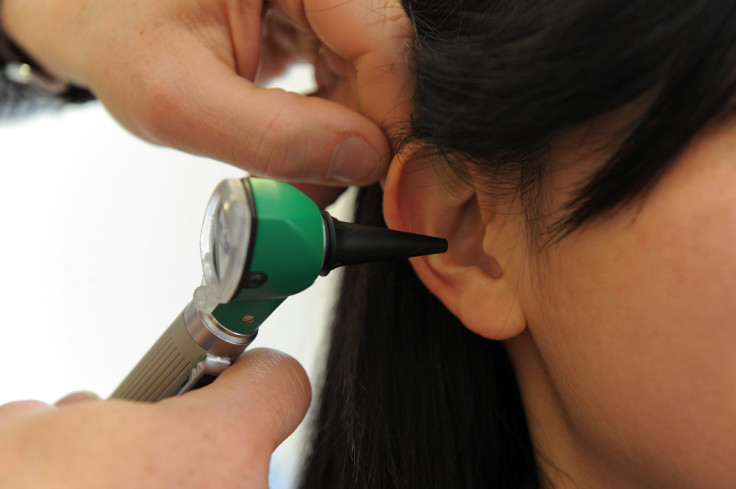Hearing Voices Doesn't Always Indicate Mental Illness, Study Says

People who are capable of hearing internal voices may utilize atypical abilities when the brain processes new sounds, according to a study conducted by researchers from University College London and Durham University. Individuals that possess this form of unusually good hearing didn't indicate possible mental health issues, but they have an enhanced ability in determining meaningful speech patterns and ambiguous sounds.
The study, published in academic journal "Brain," refers to these people as "voice-hearers." Researcher's discovered that those who can hear internal voices are better at deciphering concealed speech-like sounds. They wanted to find more beneficial ways to aid those who find their internal voices alarming.
"These findings are a demonstration of what we can learn from people who hear voices that are not distressing or problematic," Dr. Ben Alderson-Day, Research Fellow from Durham University and the study's lead offer, said in a EurekAlert press release. "It suggests that the brains of people who hear voices are particularly tuned to meaning in sounds, and shows how unusual experiences might be influenced by people's individual perceptual and cognitive processes."
The small study incorporated 17 people who didn't possess voice-hearing abilities and 12 who did, which is also known as auditory verbal hallucinations (AVH). Study participants with AVH did not suffer from mental illness. However, many people who have AVH suffer from schizophrenia or bipolar disorder. Both disorders are mental health conditions that allow sufferers to can hear internal voices.
Participants were instructed to listen to disguised speech sounds, also known as swine-wave speech, during an MRI brain scan. The voice-hearers detected hidden speech before they were informed it was there. Voice-hearers also noticed the speech at a quicker rate than those who had no prior-history of hearing voices. Exactly 75 percent of voice-hearers heard hidden speech sounds, whereas only 47 percent of non-voice-hearers confirmed these noises.
"These participants showed distinct neural responses to sounds containing disguised speech, as compared to sounds that were meaningless," study co-author Dr. Cesar Lima said in a Durham University news release. "This was interesting to us because it suggests that their brains can automatically detect meaning in sounds that people typically struggle to understand unless they are trained."
Up to 15 percent of the population has the ability to occasionally hear voices in their head without "distress," according to the study. Research also suggests that roughly one percent of the population experience more complex and continuous voice-hearing. Again, this does not indicate the need for psychiatric care.
The research is a part of Durham University's "Hearing the Voice" project. This project aims to gather stronger comprehension of the experience behind hearing a voice when no one else is present. Durham's researchers, who worked with University College London researchers to obtain the study's results, also wanted to increase their knowledge of voice-hearing by examining it through different perspectives.
"This is a really exciting demonstration of the ways that unusual experiences with voices can be linked to — and may have their basis in — everyday perceptual processes," Sophie Scott, a professor at UCL who worked on the study, said in a Durham University news release.
Follow me on Twitter @dory_jackson
© Copyright IBTimes 2024. All rights reserved.






















